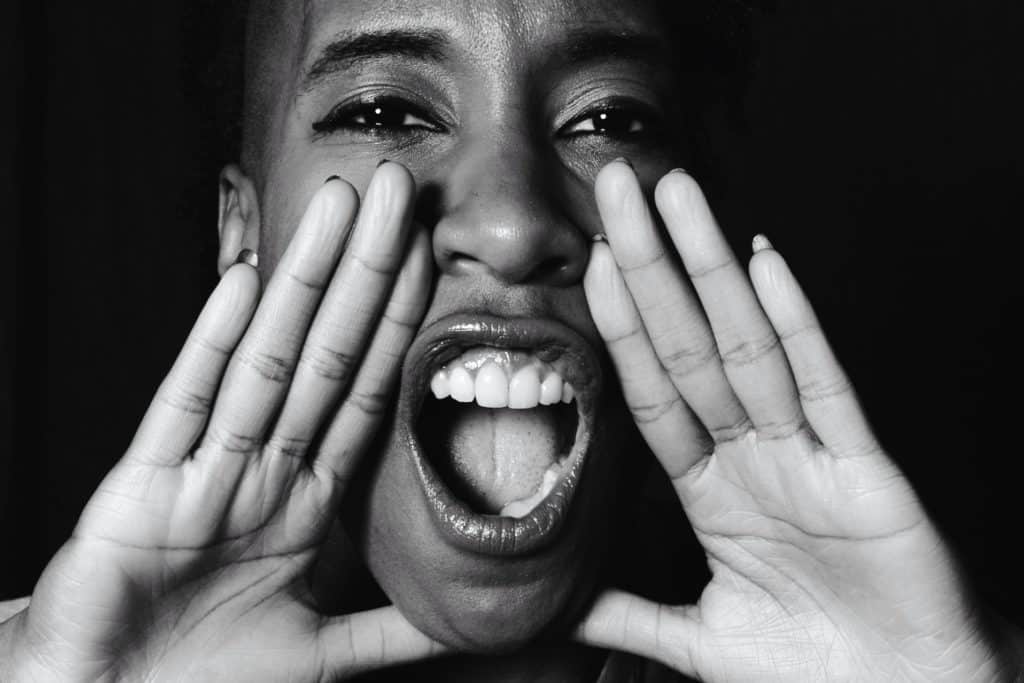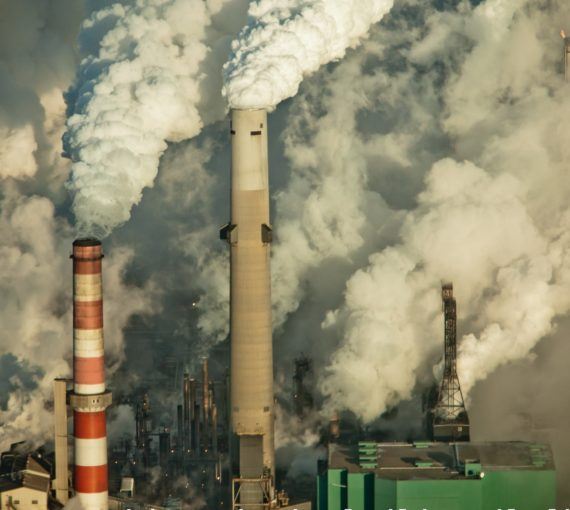
February is Black History Month every year around the world. It highlights the continuing struggle of Black people and communities for liberation, equity and social justice — including the fight against climate change and environmental racism. (Photo : RODNAE Productions via Pexels)
February is Black History Month every year around the world. It highlights the continuing struggle of Black people and communities for liberation, equity and social justice. It also recognizes Black people’s contributions to our shared history, including our economic, cultural and social development. Many public, private and community institutions (including the David Suzuki Foundation) celebrate Black History Month.
The origins of Black History Month
In 1926, African-American historian Carter G. Woodson established Negro History Week in the United States. Its purpose was to honour the accomplishments of African-Americans and spread knowledge about Black history throughout the country. In 1976, during the U.S. bicentennial celebration, it was expanded to become Black History Month.
February was chosen because it was the birthday month of two major abolitionists: Frederick Douglass and Abraham Lincoln. The month provides an opportunity for all people to learn about the history of slavery, discrimination and the criminalization of people of African descent.
In Canada, the Ontario Black History Society was established 1978, and its founders presented a petition to the City of Toronto to have February formally proclaimed as Black History Month.
In 1995, Jean Augustine, the first Black woman elected to Canada’s Parliament, introduced a successful motion to recognize February as Black History Month.
In 2008, Donald Oliver, the first Black man appointed to the Senate, introduced a successful motion to recognize the contributions of Black Canadians and February as Black History Month, finalizing Canada’s parliamentary position on the issue.
Black History Month is an occasion to recognize the historic contributions of Black people and communities in all facets of Canadian society and their contributions to Canada’s collective memory.
Black History Month highlights the continued struggle for liberation, equity and social justice by Black communities.
Environmental injustices and Black citizen engagement in the fight against climate change
Black History Month highlights issues Black communities experience daily throughout the year — including environmental racism and injustice.
Environmental racism occurs today in Canada when Black, Indigenous and racialized communities are unjustly exposed to pollution and climate change.
For example, in Quebec, communities in Montreal North are subject to heat islands and a lack of green space. Residents of Limoilou, in the Quebec City area, are affected by excessive dust from the shipping port, which contains high levels of toxic metals, including nickel.
Over the past several months, waves of protest have erupted worldwide, calling for racial justice and civil rights, as well as social and environmental justice. As a result, international negotiations at the COP27 climate summit enabled creation of a fund for vulnerable countries hit hard by climate disasters.
In Canada, the Black Environmental Initiative is dedicated to getting racialized communities involved in environmentalism. It includes creating a future in which environmental justice prevails, through programs that raise awareness, promote diversity and support entrepreneurship.
Issues of environmental justice and the lack of Black representation in the green movement are also raised by the Black Environmentalist Alliance, a group of professionals working in the environmental field.
Diversity in Sustainability wants to create an inclusive space for Black, Indigenous and people of colour and equip them for the challenges that Black people working in the environmental field face.


